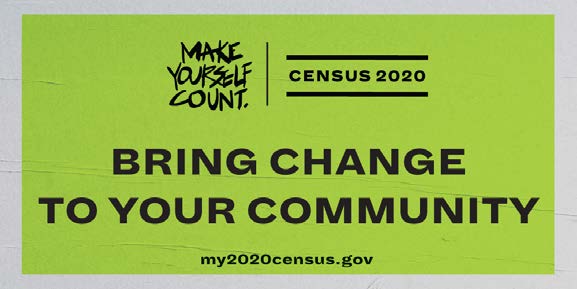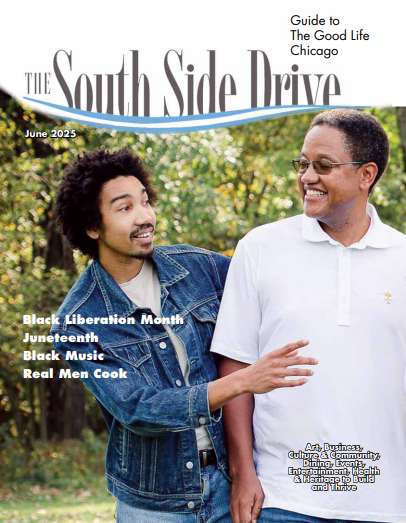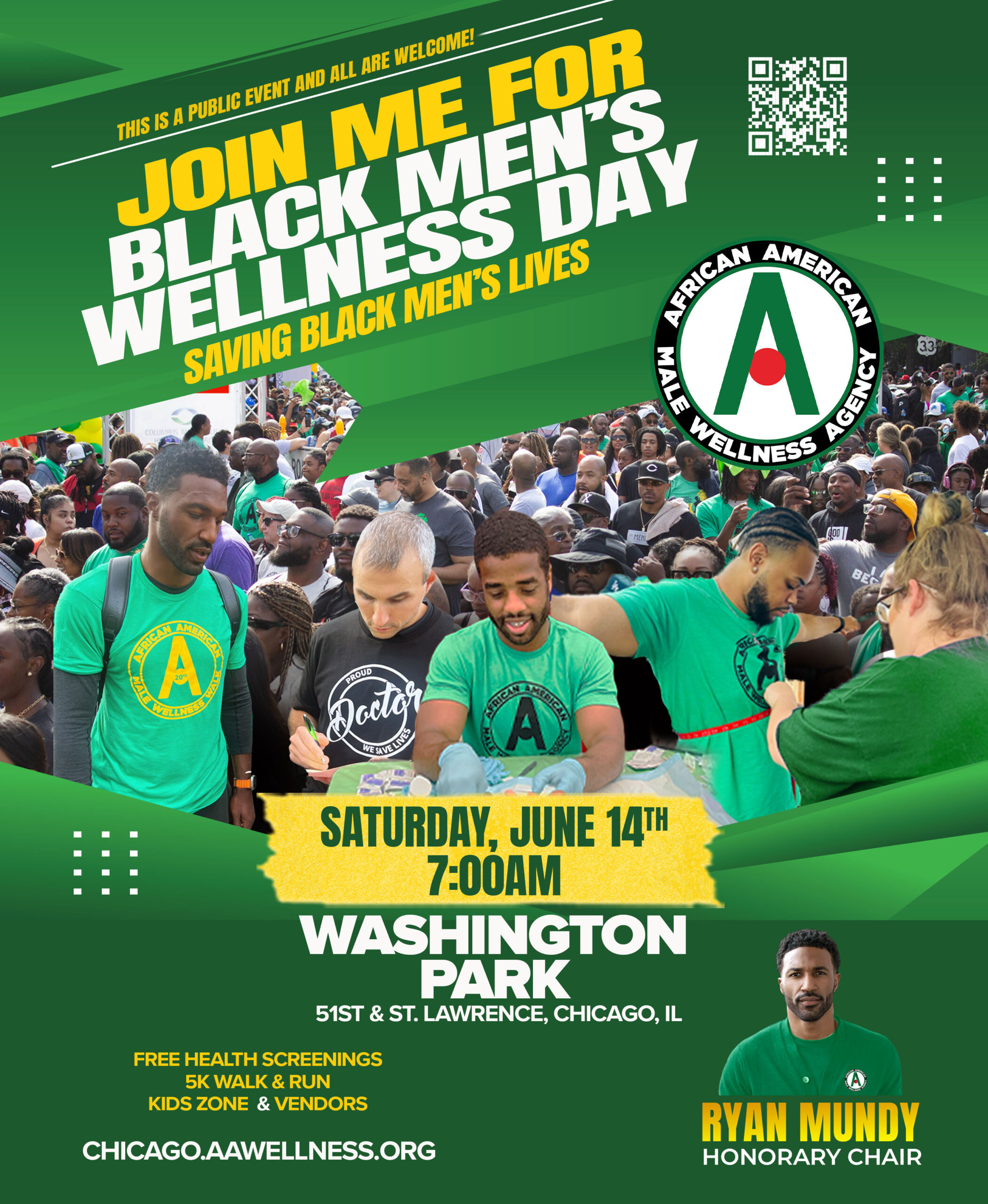

We’ve heard folk say of precocious youngsters. “He could grow up to be the one who discovers the cure for cancer.” Such a pow-erful mission. And there are people who actually engage in ca-reers that would lead them on that path. Take for instance, the University of Illinois at Chicago’s Dr. Karriem S. Watson, DHSc, MS, MPH.
I don’t know if Dr. Watson was a precocious youngster, but he’s certainly in the occupation and has demonstrated the talent and concern to be the one who discovers the cure for cancer. He is Associate Executive Director of the UI Health Mile Square Health Center, a senior research scientist with the University of Illinois Cancer Center and the Associate Executive Director of Community Outreach and Engagement of the UI Cancer Cen-ter. In case you’re not familiar with the Mile Square Health Cen-ter, it is a group of Federally Qualified Health Clinics (FQHCs) affiliated with the University of Illinois Hospital and Health Sci-ences System (UI Health), which is part of UIC.
Health), a Master’s of Science in Basic Medical Research and a Master’s in Public Health (Community Health Sciences). His work supports the UI Cancer Center by fostering community and academic partnerships and supporting research and train-ing conducted at the community level.
The doctor has established himself as an exemplary project manager of community engaged research and manager of un-dergraduate STEM programs. STEM is a curriculum based on the idea of educating students in four specific disciplines — sci-ence, technology, engineering and mathematics — in an inter-disciplinary and applied approach.
Dr. Watson co-created a 10 week summer program for un-derrepresented minority students at UIC during his tenure as the Director of the Early Outreach Program (EOP) within the Urban Health Program (UHP). In 2013, he was recognized by the Chicago Urban League as an innovator in STEM. A prod-uct of the STEM pipeline programs of the UIC UHP, Dr. Wat-son uses his expertise in project management and curriculum design, as well as community engaged research to support the overall success of the Chicago Cancer Health Equity Collabora-tive (ChicagoCHEC) training and educational initiatives.
It is no secret that Black men have a greater health care disparity than others. Particularly when Black men’s health is compared to their white counterparts. Dr. Watson’s research not only delves into the vast discrepancies between the morbidity (sickness) and mortality rates of Black men with certain diseas-es, versus their white counterparts, but he has also researched studies that uncover how certain lifestyle changes may help in reducing those disparities. However, Dr. Watson emphasizes he is speaking as a researcher and not as a doctor.
For instance, he references the “smoking paradox” when it comes to Black men vs. white men with lung cancer. He notes that “The majority of lung cancers are due to tobacco smoking. There is a smoking paradox because some studies show Black men and white men have similar smoking habits, although some Black men smoke less than white men.
However Black men tend to smoke menthol cigarettes which have more addictive qualities and are more difficult to quit. So you can imagine that (smoking menthol cigarettes) can increase one’s risk for cancer.”
Black men also have a higher rate of morbidity and mortal-ity from prostate cancer than white men. Yet prostate cancer is not the death sentence it once was. In fact, when it comes to guidelines for when a man should begin getting PSA tests have changed in the last decade.
Dr. Watson explains, “So instead of recommending everyone start screening at a certain age, the recommendation is to have a conversation with your primary health provider or doctor and see if you should get screened.” This recommendation is based on the fact that your primary health provider knows your fam-ily’s health history, so if someone in your family history con-tracted prostate cancer at age 40, that may be the recommended time for you to begin screening. He added that being Black can be a risk factor in itself.
The PSA test is a blood test used primarily to screen for prostate cancer. The test measures the amount of prostate-spe-cific antigen (PSA) in your blood. PSA is a protein produced by both cancerous and noncancerous tissue in the prostate, a small gland that sits below the bladder in men.
Dr. Watson has a Doctorate in Health Science (Global
Having the PSA test is not a matter of if, but rather a matter of when. Dr. Watson emphasizes the necessity of having every Black man talk to his primary care provider, about when he will need PSA testing. “We don’t talk about symptoms as it relates to prostate cancer, we talk about screenings. Prostate cancer signs aren’t specific only to prostate cancer. Symptoms such as erectile dysfunction, difficulty urinating, frequent urination, can be traced to a number of reasons. Screenings, which can lead to biopsies or other imaging, are the only way to detect the disease.”
Knowing family histories and getting early screenings are important, not only for prostate problems but for other diseases because symptoms may vary so much. Dr. Watson points out, “There may not be signs and symptoms of high blood pressure because our body will adjust to things until it’s too late. Your body may be adapting to high blood pressure, but at the same time, your kidneys may have problems.”
He noted that Black men suffer disproportionately with kidney disease, “Some of it is a family history, but more of it is family history coupled with lifestyles such as high sodium diets and untreated diabetes.”
Also, Black men are at a higher risk for stroke than any other group, with high blood pressure, and high cholesterol being some of the risk factors of stroke.
Dr. Watson emphasizes the need for Black men, not only to get prostate screenings but to go to the doctor annually for a check-up. He gives as an analogy the way we take care of our cars. “You don’t drive a car into the ground. You don’t drive it until it stops. You get the oil changed before you see the oil light. You get the brakes fixed before they stop working.
“We owe it to our spouses, our children, our families, our communities – we owe it to all of them to get screened and be healthy – knowing that we are at risk because we are Black. We are at risk for driving while Black, walking while Black, most recently jogging while Black, watching TV in your own home while Black, eating ice cream while Black – violence, discrimination, and racism are very real risk factors.”
Dr. Watson also feels that besides our annual check-ups, “We owe it to our family and community to ensure that we are eating a diet that’s low in fat, that we are eating fresh fruits and vegetables and lean meat if we eat meat, and that we exercise.” Dr. Watson says exercise is not necessarily going to the gym. “Exercise can be a brisk walk. When you park at a store, park further away, get a cart and bring that cart to the store walking briskly. Now that we’re staying home because of Covid-19, if you live in an apartment building, be sure to wear a mask and walk up and down the stairs. If you live in a single house, walk around the house several times. There are things we can do to modify our behavior to make sure we are staying physically fit.”
Dr. Watson stresses the importance of having a conversation with your primary care provider about your family history, “So if you know you have type 2 diabetes, having a diet that’s low in sugars, high in fiber and green leafy vegetables, with low-fat meat if you eat meat, is a must. “I don’t want to make it seem like it’s easy to eat healthily,” Dr. Watson says. “I know the price of organic food is sometimes out of your price range, but just make sure you’re eating a diet that’s low in fat, low in processed food.”
Being Black and living healthy is a challenge that all Black men must undertake, but perhaps Dr. Watson’s recommendation to have conversations with your primary health provider and make behavioral and lifestyle changes may go a long way toward being the cure for cancer we are hoping for.
Emma Young is a Chicago creative writer, author, and a former advertising executive, active in the push for reparations and social equity.








